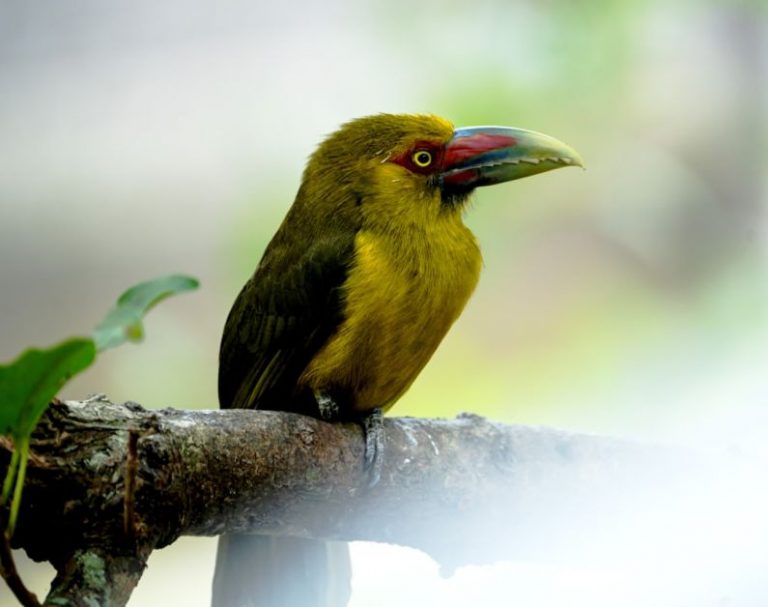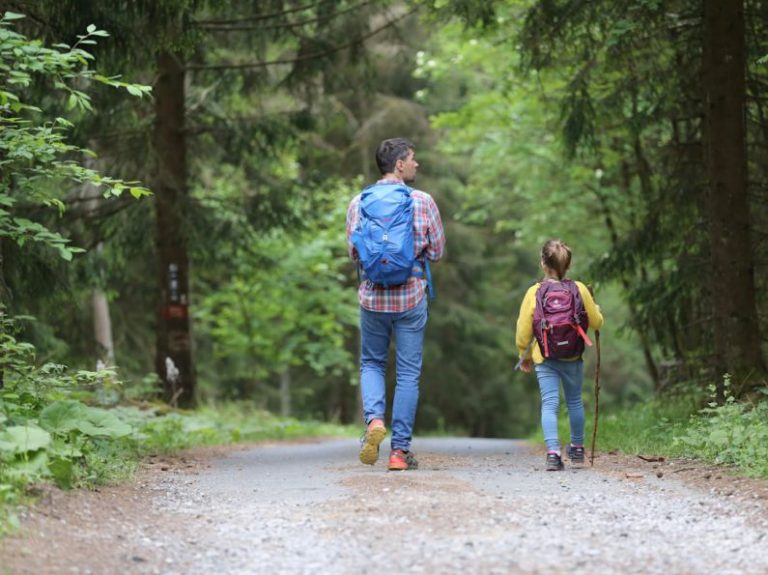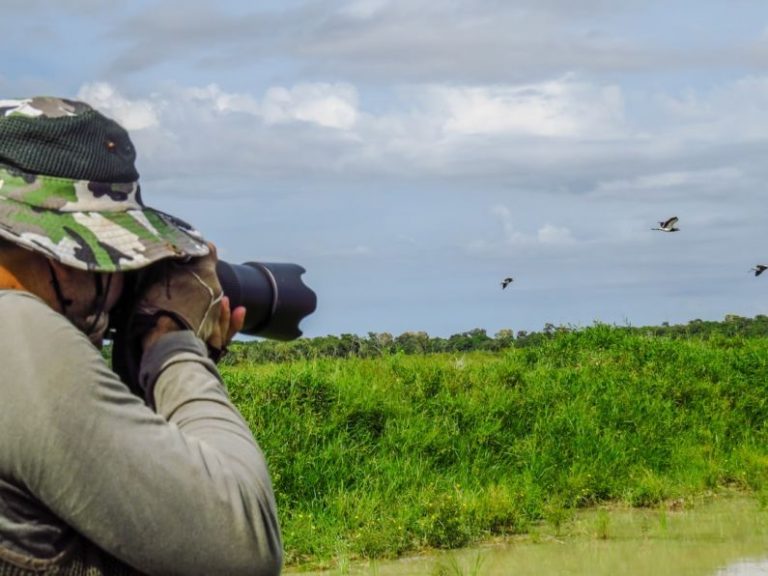How Do Indigenous Tribes Live in the Rainforest?

The Rainforest is a vast and diverse ecosystem that is home to numerous indigenous tribes. These tribes have lived in harmony with the rainforest for centuries, developing unique ways of life that are deeply connected to their environment. In this article, we will explore how indigenous tribes live in the rainforest, focusing on their traditional practices, relationship with nature, and challenges they face in the modern world.
Life in Harmony with Nature
Indigenous tribes in the rainforest have a profound connection with nature, viewing the environment as a sacred entity that provides for their physical and spiritual needs. Their traditional knowledge of the rainforest allows them to sustainably harvest resources such as plants, animals, and water, without causing harm to the ecosystem. This intimate relationship with nature is reflected in their spiritual beliefs, rituals, and customs that honor and respect the natural world.
Traditional Practices
The daily lives of indigenous tribes in the rainforest are centered around traditional practices that have been passed down through generations. These practices include hunting, fishing, gathering food, and farming using age-old techniques that are adapted to the specific conditions of the rainforest. For example, some tribes practice slash-and-burn agriculture, where they clear small plots of land by cutting down trees and burning the vegetation to create fertile soil for planting crops. This practice is done in a sustainable manner, allowing the land to regenerate over time and supporting the tribe’s food security.
Community and Social Structure
Indigenous tribes in the rainforest often live in close-knit communities that are organized around kinship ties and shared cultural beliefs. The social structure of these communities is based on cooperation, reciprocity, and mutual support, with each member playing a vital role in the functioning of the group. Elders are highly respected for their wisdom and experience, and decisions are often made through consensus to ensure that everyone’s voice is heard. This strong sense of community fosters a deep sense of belonging and connection among tribe members, reinforcing their cultural identity and resilience in the face of external pressures.
Challenges and Threats
Despite their deep connection to the rainforest, indigenous tribes face numerous challenges and threats to their way of life. Deforestation, illegal logging, mining, and land grabbing have encroached on their traditional territories, leading to the loss of biodiversity, environmental degradation, and displacement of communities. Additionally, external pressures such as globalization, climate change, and government policies have impacted the livelihoods and cultural practices of indigenous tribes, posing a threat to their survival and well-being.
Adaptation and Resilience
In the face of these challenges, indigenous tribes in the rainforest have demonstrated remarkable resilience and adaptability, drawing on their traditional knowledge and cultural values to navigate changing circumstances. Some tribes have engaged in advocacy and activism to protect their land rights and preserve their cultural heritage, forming alliances with environmental organizations and other indigenous groups to amplify their voices on a global scale. Others have diversified their livelihoods by engaging in ecotourism, handicrafts, and other sustainable economic activities that generate income while promoting cultural exchange and awareness.
In Conclusion: Preserving Indigenous Wisdom
Indigenous tribes in the rainforest embody a way of life that is deeply rooted in respect for nature, community, and cultural heritage. Their traditional practices, social structures, and spiritual beliefs offer valuable insights into sustainable living and holistic well-being that can benefit society as a whole. As we face the urgent challenges of climate change and environmental degradation, it is essential to recognize and support the resilience of indigenous tribes and their vital role as stewards of the rainforest. By preserving their wisdom and honoring their rights, we can learn from their example and work together towards a more harmonious relationship with the natural world.





